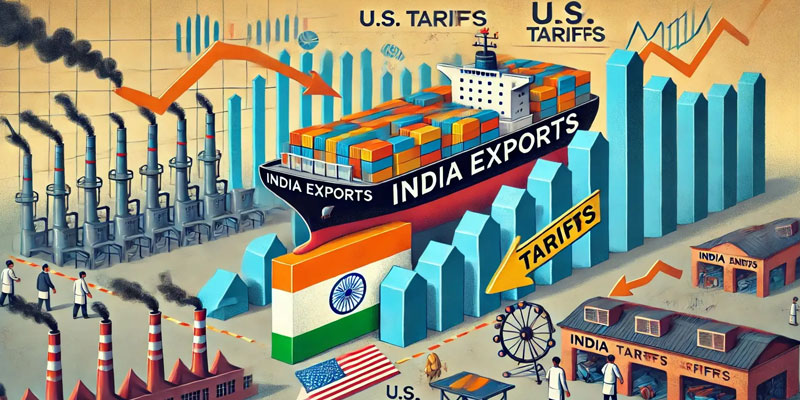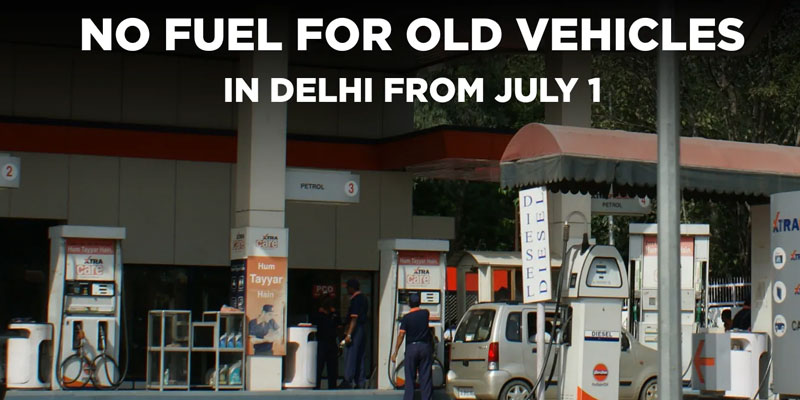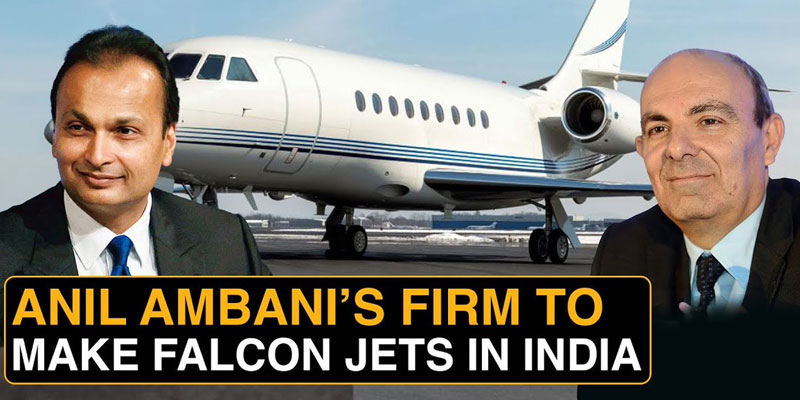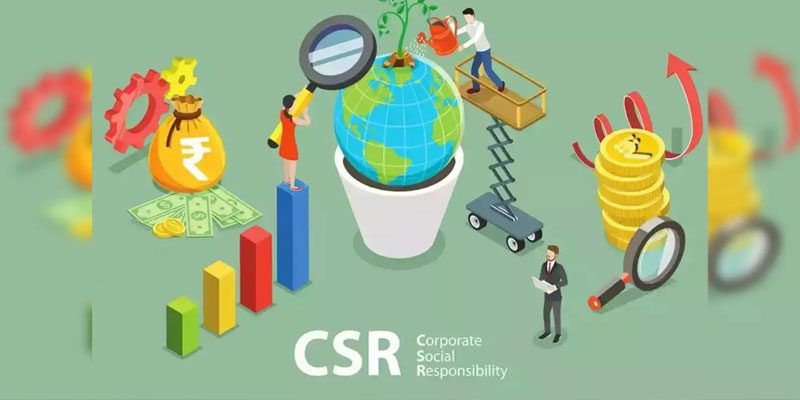A Disappearing Act in the Heart of Dubai
A Dubai-based brokerage firm, Gulf First Commercial Brokers, has disappeared overnight—abandoning its offices and vanishing with millions of dirhams in investor funds. Until just weeks ago, the firm operated from suites 302 and 305 in Capital Golden Tower, a high-profile business address in Dubai’s bustling Business Bay district.
The company employed around 40 people, most of whom worked phones relentlessly, cold-calling potential investors with attractive forex trading opportunities. Today, those same office suites are deserted—dust-coated floors, disconnected wires, and nothing but questions without answers.
Security personnel confirmed the abrupt exit: “They returned the keys and cleared out everything like they were running from something.” Since then, the once-busy floor now sees a steady stream of panicked investors searching for answers that no longer exist.
A Modus Operandi Built on Cold Calls and Empty Promises
Gulf First operated a high-pressure sales funnel, using cold calls to lure investors—promising steady returns through forex trades managed by so-called experts. The scheme's credibility was bolstered by repeated claims of regulatory backing and impressive (but unverifiable) trading performance.
However, beneath the veneer of legitimacy lay an unregulated operation. Victims report being directed toward Sigma-One Capital, a shadowy online trading platform. Both names—Gulf First and Sigma-One—were used interchangeably by employees, creating a deliberate fog around the firm’s real identity and structure.
The playbook was painfully familiar: investors were initially convinced to make modest deposits—around $1,000—often followed by aggressive upselling. Promises of early profits and easy withdrawals created false confidence, prompting victims to invest more. One Indian investor, Mohammad, lost $50,000. Another, Fayaz Poyyl from Kerala, saw $25,000 vanish without a trace. “They stopped replying to messages. I came to the office and found nothing but silence and dust,” he said.
Indian Investors Hit Hard
Among those hit hardest were Indian expatriates in the UAE, many of whom had invested life savings or borrowed money. Sanjiv, another investor, says the firm’s staff used emotionally manipulative tactics, stressing urgency and loss if they didn’t invest more. “They told me I was missing out on guaranteed profits,” he said.
The targeting of Indian nationals, especially from middle-income backgrounds, follows a disturbing pattern in UAE financial frauds. The victims, often unfamiliar with complex forex markets but eager for better returns, were drawn in by fake guarantees, reassuring voices, and faked credentials.
No Records, No Regulation, No Recourse
Following the vanishing act, investors turned to Dubai authorities. Complaints were filed against both Gulf First and Sigma-One Capital. The investigation quickly revealed that Sigma-One was not licensed by the Dubai Financial Services Authority (DFSA) or the Securities and Commodities Authority (SCA). Furthermore, Sigma-One falsely claimed registration in St. Lucia and a presence in Bur Dubai’s Musalla Tower—an address where the company never existed.
In essence, the company had fabricated its entire existence—from office locations to licenses—to cloak its operations in legitimacy. Much like previous scams involving entities like DuttFx and EVM Prime, this one followed the same deceptive blueprint: cold calls, inflated promises, and a vanishing act.
When Trust Becomes a Weapon
The Gulf First scandal is more than a financial disaster—it’s a human tragedy. It exposes how easy it is for trust to be weaponized in a world where slick talk and digital facades can mask criminal intent. Investors didn’t just lose money—they lost confidence, hope, and in many cases, financial security.
This case is a stark reminder: financial literacy isn’t a luxury—it’s a necessity. As digital platforms grow and cross-border investments become common, regulatory gaps become hunting grounds for sophisticated scammers.
What vanishes in scams like these isn't just capital—it’s the fragile belief that hard work and good judgment can still lead to financial stability. Rebuilding that trust may take far longer than recovering the money.
(With agency inputs)






















